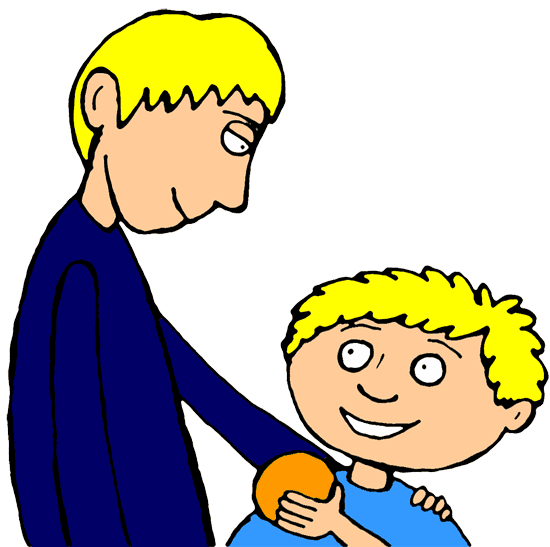Sunday, September 9, 2012
"You only get to live for such a short time anyway. It doesn't make sense to kill yourself." (P. 170)
Imagine you're home, just shooting hoops. Your brother walks by, casually says hi, and then goes inside. A while later, you get tired, and head inside as well. You decide to look for your brother, so you walk inside his room. You don't see him anywhere. Then, the bathroom door is pulled open by a black hand. The bathroom is full of smoke and your brother is standing there, with his body burned up, and part of his hair burned off, leaving his scalp visible.
This is what happened to Craig Runyon, Brent's brother. So far, I have only written about Brent and how he must be feeling, but know I want to talk about Craig. He was the one unfortunate enough to find his brother just after he attempted suicide. He was the one who had to call the police and deal with everything alone in the beginning. So I believe he deserves some recognition as well.
When Brent is the hospital the first few weeks, his parents are with him every single day. However, Craig doesn't visit. Many readers will think he's selfish and inconsiderate for never checking up on Brent. But people needs to look at it from another point of view's: Craig's. Craig saw his brother's raw burns. He must definitely have a trauma. Just like Brent isn't ready to go back home and see the bathroom where everything happened, Craig probably isn't ready to see his brother again and relive the entire thing.
It must be strange for him talking to his brother, knowing he wanted to die, but being unable to bring it up. So, as a result, the conversations become awkward, choppy, and as short as possible. Still, Craig must miss his brother very much. It must be strange never seeing him at home anymore and not having him there to talk to. He must have expected to leave home first and have Brent miss him, since he's the oldest brother, not the other way around. It must be something impossible to get used to.
Brent, for example, still misses his brother. "I wonder if we'll ever be friends, my brother and I," he says. "Ever since we were little kids, we always fought, but now I kind of wish I could talk to him. Or even, I don't know, just hang out and be friends. I know that sounds stupid, but I think about that sometimes." (Page 177) He loves his brother, but he can't just go and outright tell him he loves him. It's that type of love he doesn't know how to express.
It's similar to the gratitude he feels towards all his doctors and nurses, but doesn't know how to express. "I don't know how to tell them how much they mean to me. Beck: helped me learn how to use my arms again. Dawn: Taught me how to walk. Dr. Rudolph put my skin back together. Barbara: Cleaned my wounds and called me Gorgeous. Lisa: Helped me go to sleep at night. And Tina. Tina, you did everything for me. You held my hand and you told me I was going to be all right and made me laugh and took me outside the hospital and made me feel normal, (P. 137)" he writes. However, when the moment to actually say something actually arrives, he is only able to say "You guys, uh, I just wanted to say thanks for helping me, you know, get better. I just wanted to thank you for everything. And everything (P. 137)." This is nothing compared to what he actually wanted to say. So I believe this book actually has two purposes: The first one is to justify why he tried commit suicide, and prove he has changed. And the second one to thank those who helped him. He was unable to do so back then, so with this memoir he is able to fully demonstrate how much he appreciates every single thing they did for him.
Subscribe to:
Post Comments (Atom)

No comments:
Post a Comment